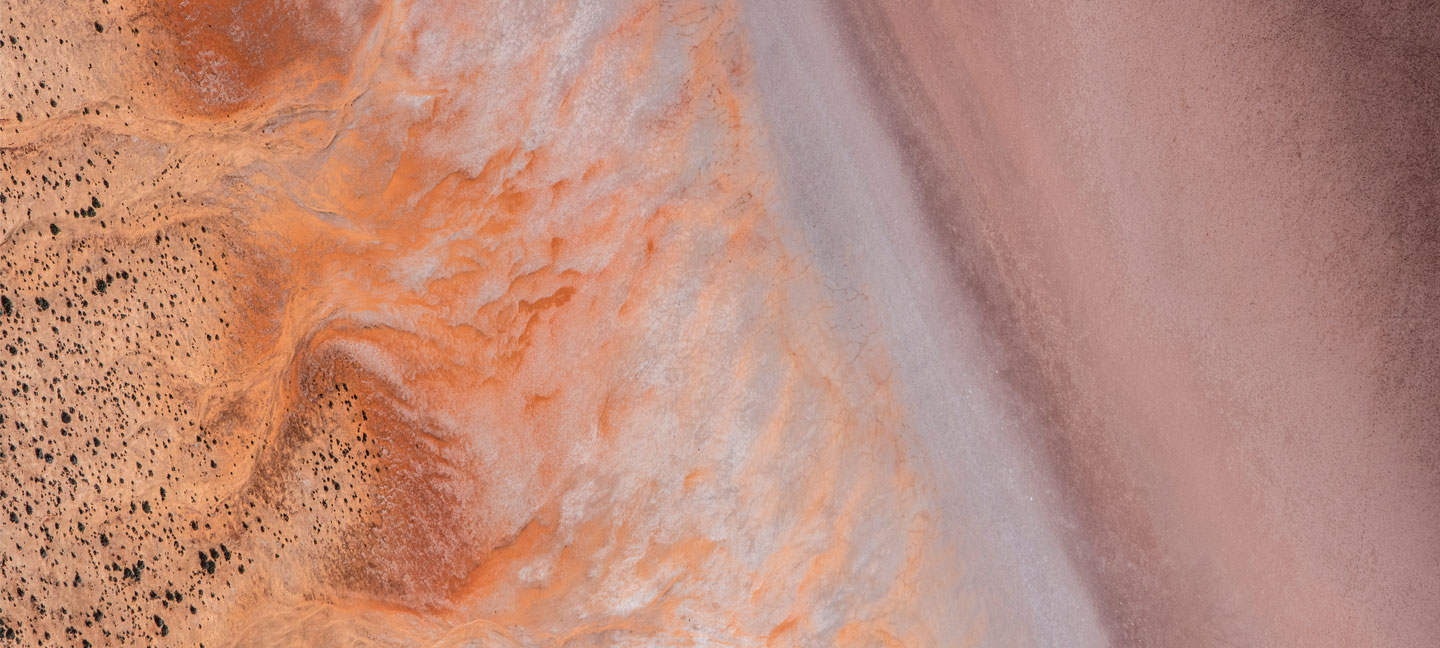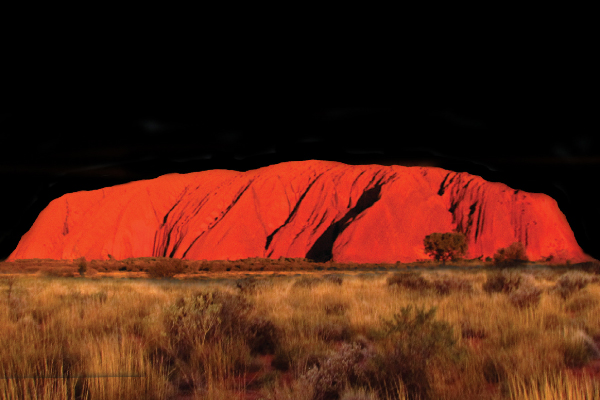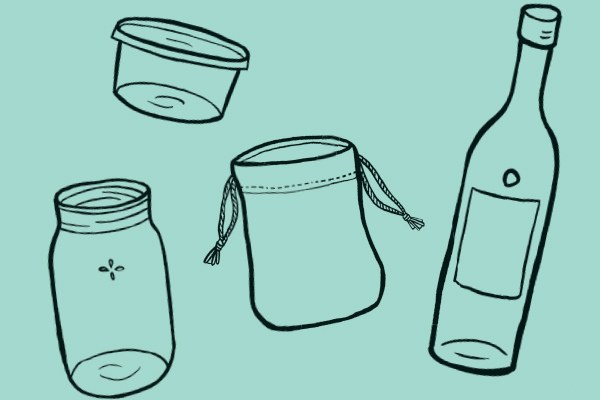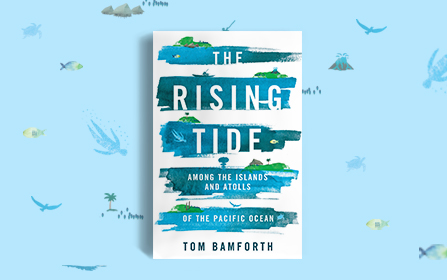Why We Need Indigenous Knowledge
10 Feb 2020 | Melissa Kayser
What can we do in the face of unprecedented wildfires, and climate crisis looming on the horizon? Melissa Kayser, our Hardie Grant Travel publisher makes a case for listening to the Indigenous communities of Australia.
“The country is suffering because no one knows how to look after the fire anymore.” – Victor Steffensen, Fire Country, February 2020
Now more than ever we need Indigenous knowledge, and I urge all Australians to listen to First Nations people. Their cultural knowledge is something we can all benefit from, and the fact they’ve been here for over 60,000 years means they’ve had generations to develop tried and tested ways of caring for country.
The terrible bushfire crisis has left so much for all of us, as Australians, to grapple with, but I believe there is room for hope. Working with authors such as Professor Marcia Langton, and the amazing response we’ve had to her 2018 book Welcome to Country, indicates the mood across Australia is shifting and we are beginning to recognise the value of Indigenous knowledge. Her book has spurred on my commitment to publishing First Nations voices and promoting the type of truth-telling referred to in the Uluru Statement from the Heart.
Through working with Thomas Mayor on Finding the Heart of the Nation, I’ve also come to appreciate that the Uluru Statement is an invitation to the Australian public to listen. And once you read the many stories in his book of Indigenous people across Australia, it’s apparent why substantive constitutional change is necessary to ensure a better future for First Nations people and – by extension – for the rest of Australia, too.
I have also come to appreciate the strength of Indigenous people’s connection to country. It is so much more than a physical and spiritual connection with the land; it also ensures they live in harmony with both flora and fauna. Their true environmental conservation has led me to publish Victor Steffensen’s Fire Country. His book explains the practices of cultural burning and ‘reading country’ in order to prevent major bushfires, as well as highlighting the challenges he’s faced for recognition. It saddens me to realise that Victor’s work as an Indigenous fire practitioner spans more than 27 years and it’s only now that we are coming to recognise the value of Indigenous knowledge, and only in the face of unprecedented bushfires this year.
Yet even with so much pain and destruction left by the current bushfires, I do feel there is a better Australia in our future, if we look to First Nations people. And if we at Hardie Grant can play a small role in bringing their stories and knowledge to the wider Australian public, then we are honoured to do so.
For further information on Indigenous Land Management:
1. https://www.popsci.com/story/environment/australia-fires-management-climate/
3. https://volunteerfirefighters.org.au/victor-steffensen-pretty-simple-really
For further Information on The Uluru Statement:
3. https://ulurustatement.org/
For some more relevant Hardie Grant Travel titles:
1. Welcome to Country: A Travel Guide to Indigenous Australia by Marcia Langton
3. Fire Country: How Indigenous Fire Management Could Help Save Australia by Victor Steffensen



